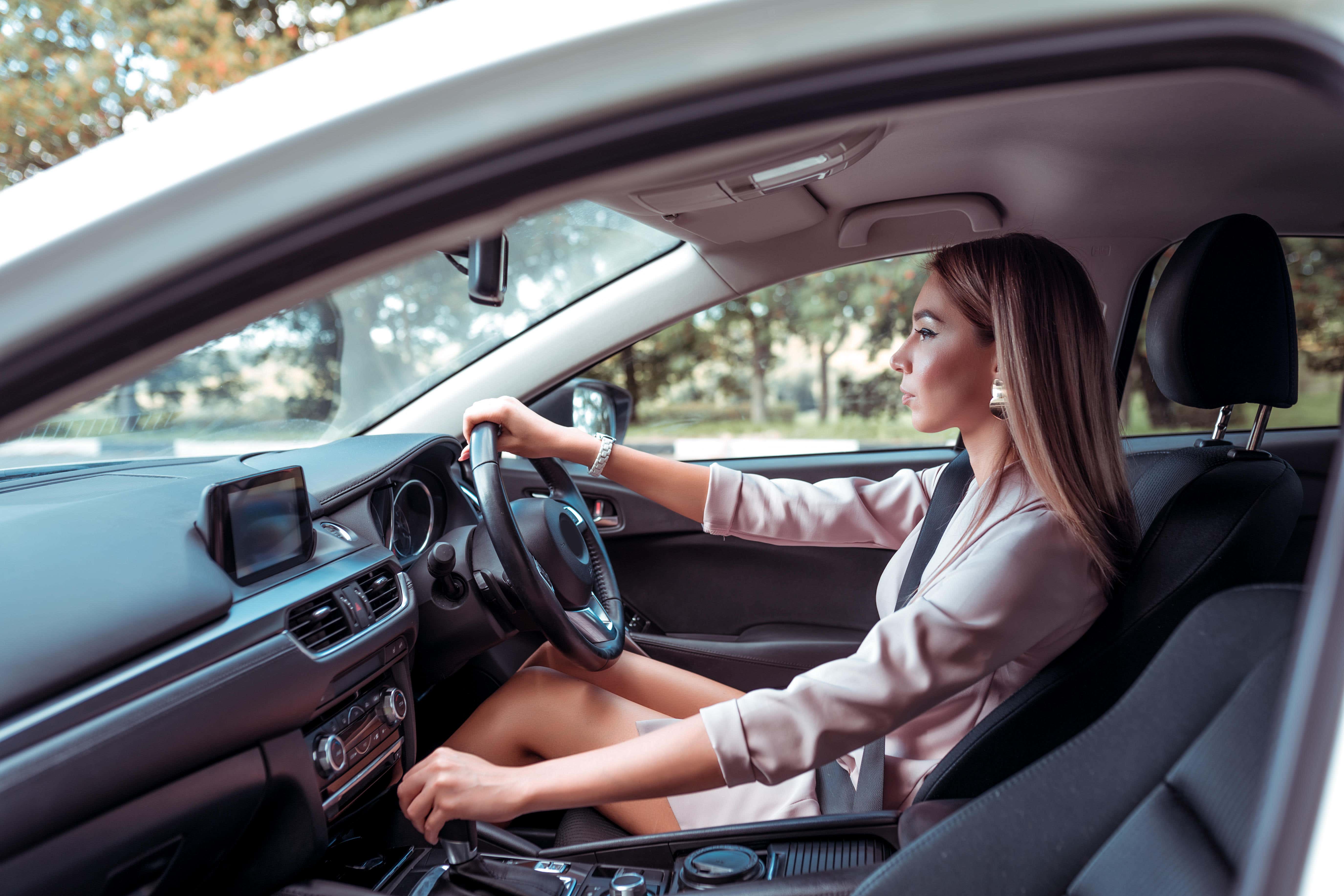Vast majority of young people expect to drive regularly by 2035 – survey
Some 85% of respondents to a survey of Britons aged 17-24 said it is certain or likely they will be driving a car or van at least once a week then.

Four out of five young people expect to be driving regularly by 2035, a new survey suggests.
Some 85% of respondents to a survey of 1,000 Britons aged 17–24 commissioned by the RAC Foundation said it is certain or likely they will be driving a car or van at least once a week then.
That is despite only 55% of this group currently doing so.
The vast majority see themselves as motorists within the next decade or so
The most common reasons given for respondents believing they will start driving include an expectation their lifestyles will require it and a belief that driving will be more convenient than public transport, walking or cycling.
Among those questioned who have not taken a driving test, the cost of lessons was the most frequent reason given (33%), followed by the cost of buying, leasing or hiring a car (26%), lack of time (26%) and driving not being a priority (23%).
The survey indicated that 70% of young people feel positive about electric cars, but just 37% support the roll-out of fully autonomous vehicles.
Two out of five (40%) respondents who drive regularly said they have reduced the number of car journeys they make due to the environmental impact of driving.
The same proportion of those who have not already taken that step said they would be willing to do so over the next five years.
RAC Foundation director Steve Gooding said: “There is much speculation on whether the young people of today will turn out to be the drivers of tomorrow or whether they will learn to live without getting behind the wheel.
“The evidence here is that the vast majority see themselves as motorists within the next decade or so.
“Previous research we have done has shown the importance knowing how to drive can be to securing a job.
“Encouragingly, young people are well aware of the need to reduce or mitigate the negative impacts of driving and there is majority support for low-traffic neighbourhoods, investment in cycling infrastructure and the introduction of clean air zones.”
– The survey was conducted by Ipsos in November 2022.
Bookmark popover
Removed from bookmarks